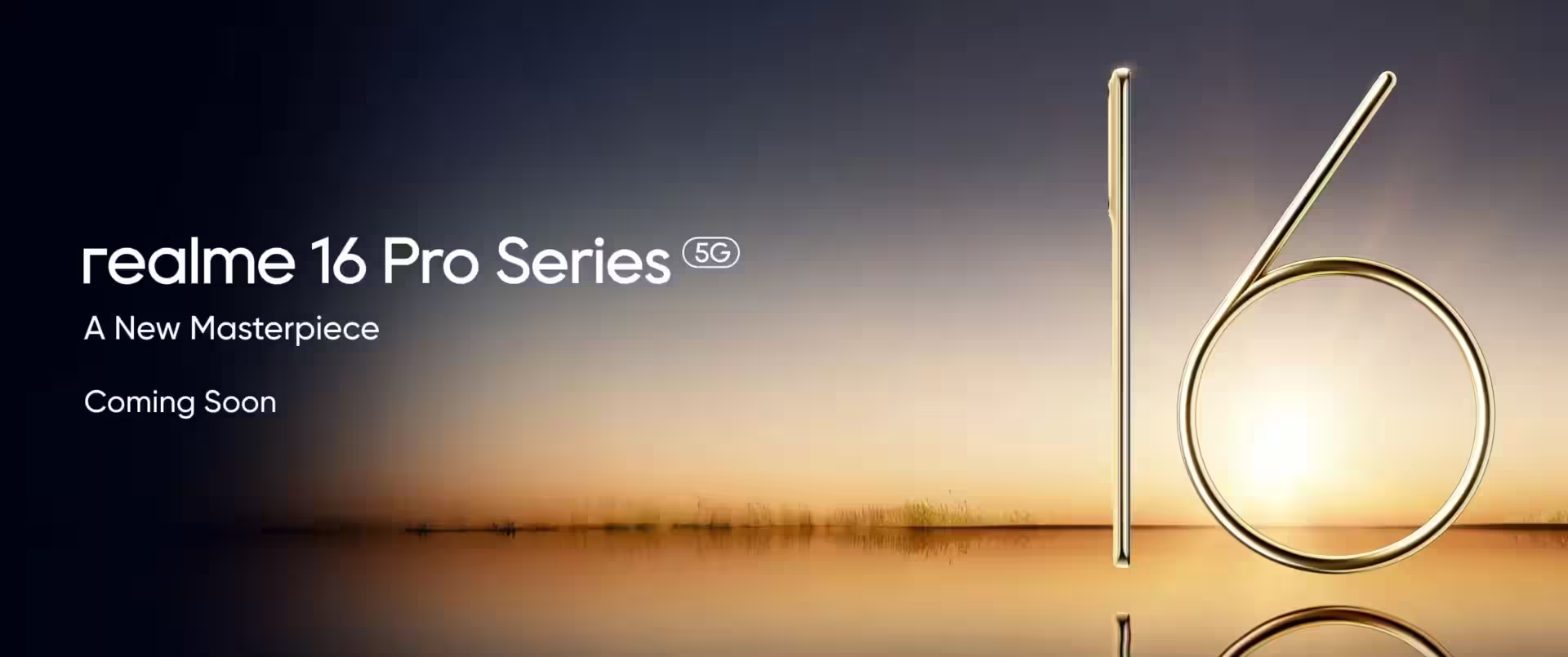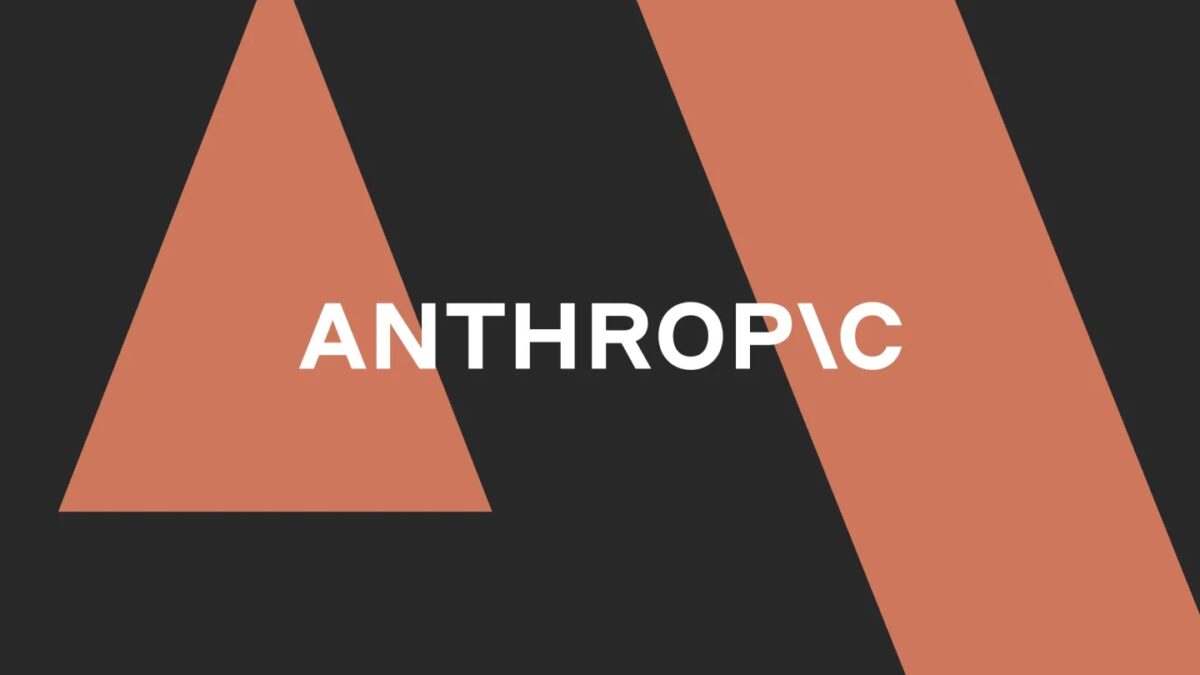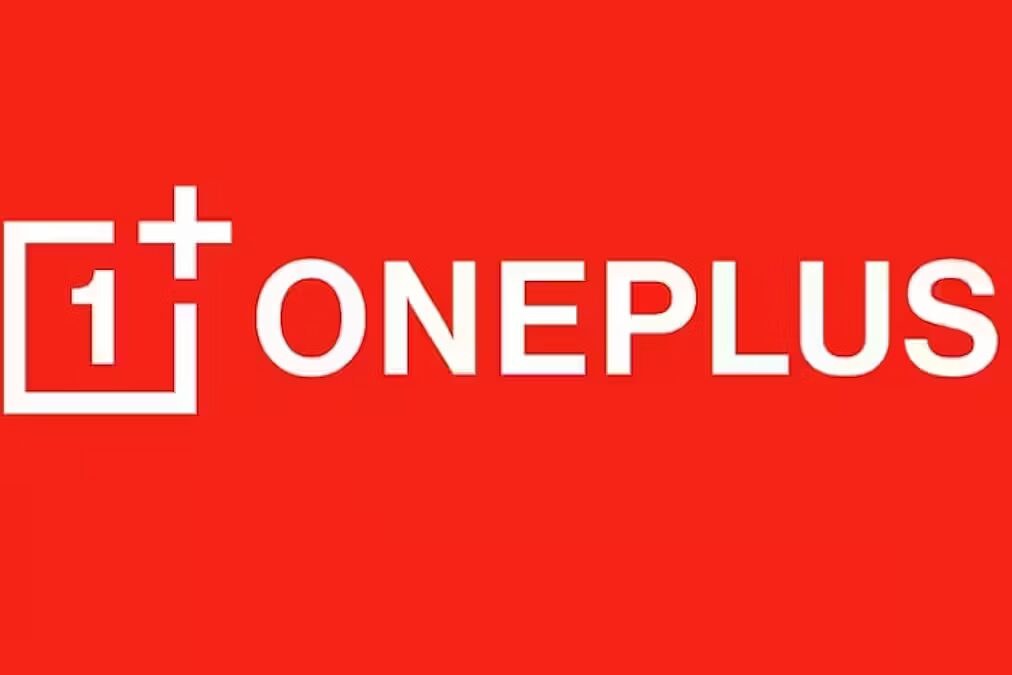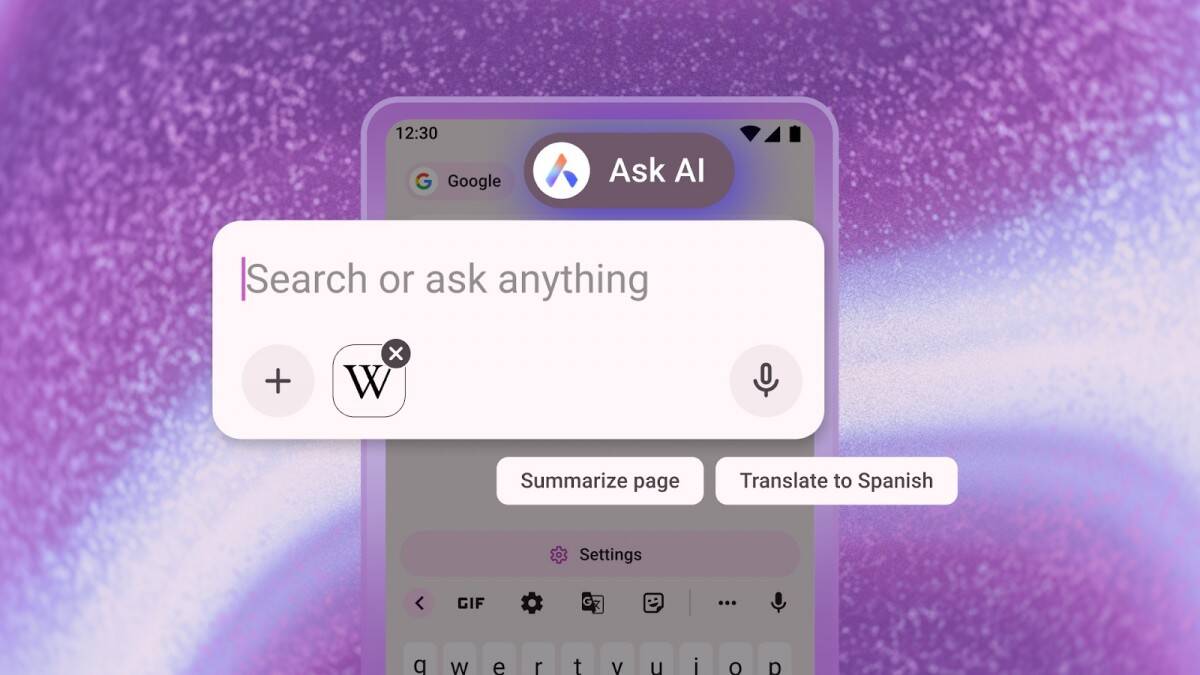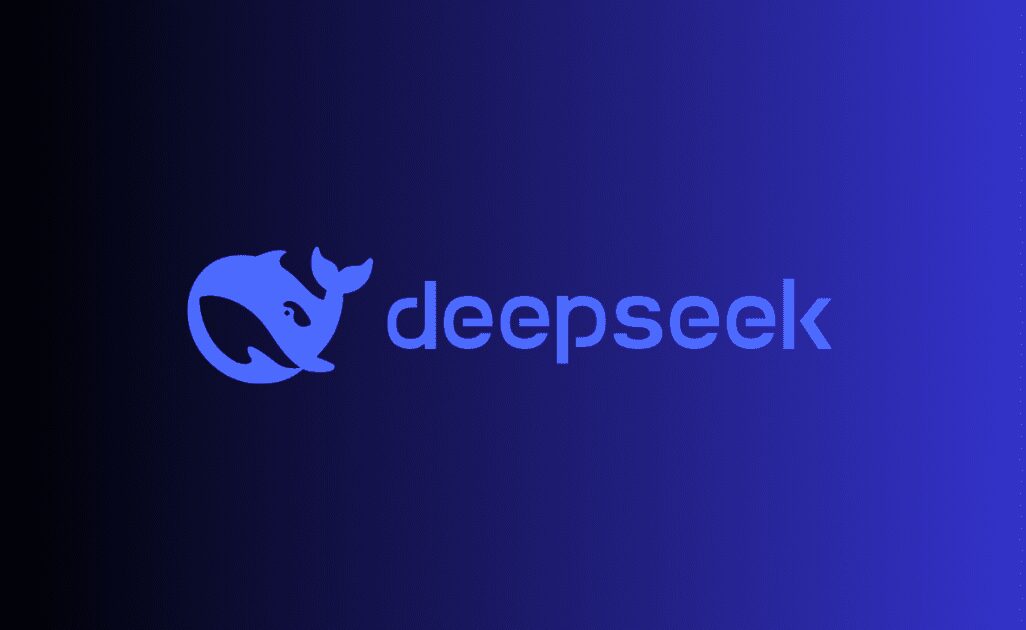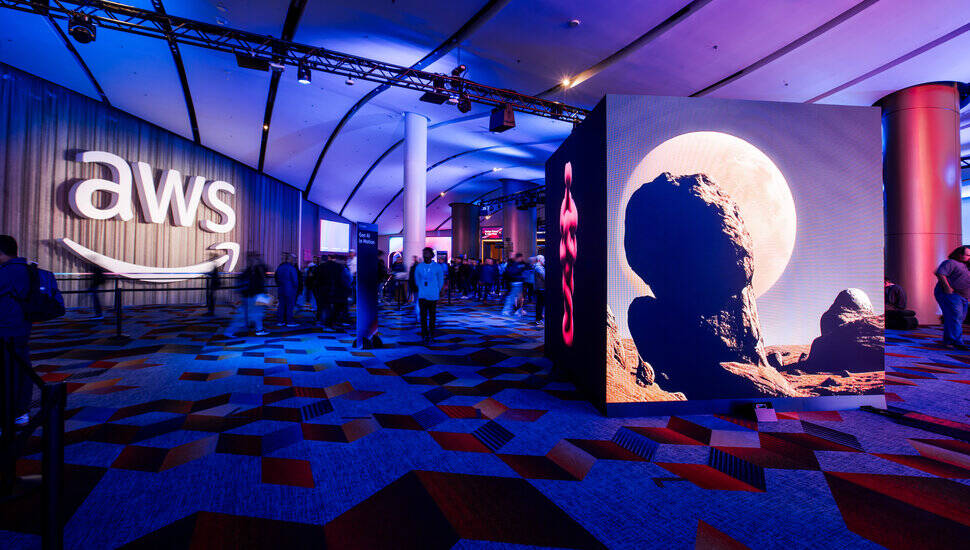OpenAI makes its updated image generator available to developers
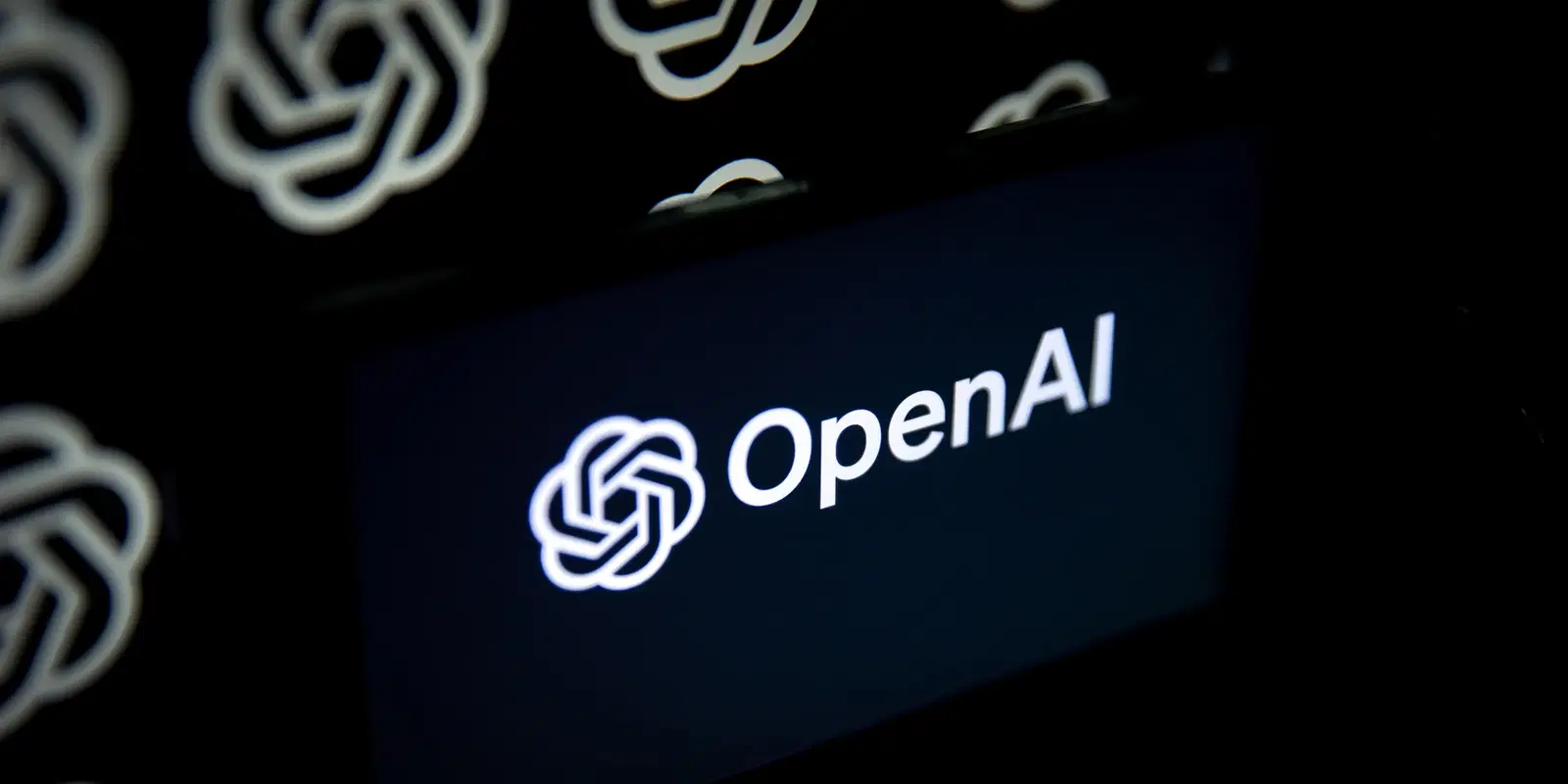
On Wednesday, OpenAI unveiled the new technology behind ChatGPT’s enhanced image generation feature by integrating it into its API. This innovation allows developers to incorporate the image generation feature into their applications and services.
The new OpenAI image generator, launched for most ChatGPT users in late March, has quickly gained popularity. It has been a significant success for OpenAI, leading to millions of new ChatGPT users and greatly expanding the company’s reach. According to OpenAI, more than 130 million ChatGPT users created more than 700 million images in just the first week after the tool’s launch.
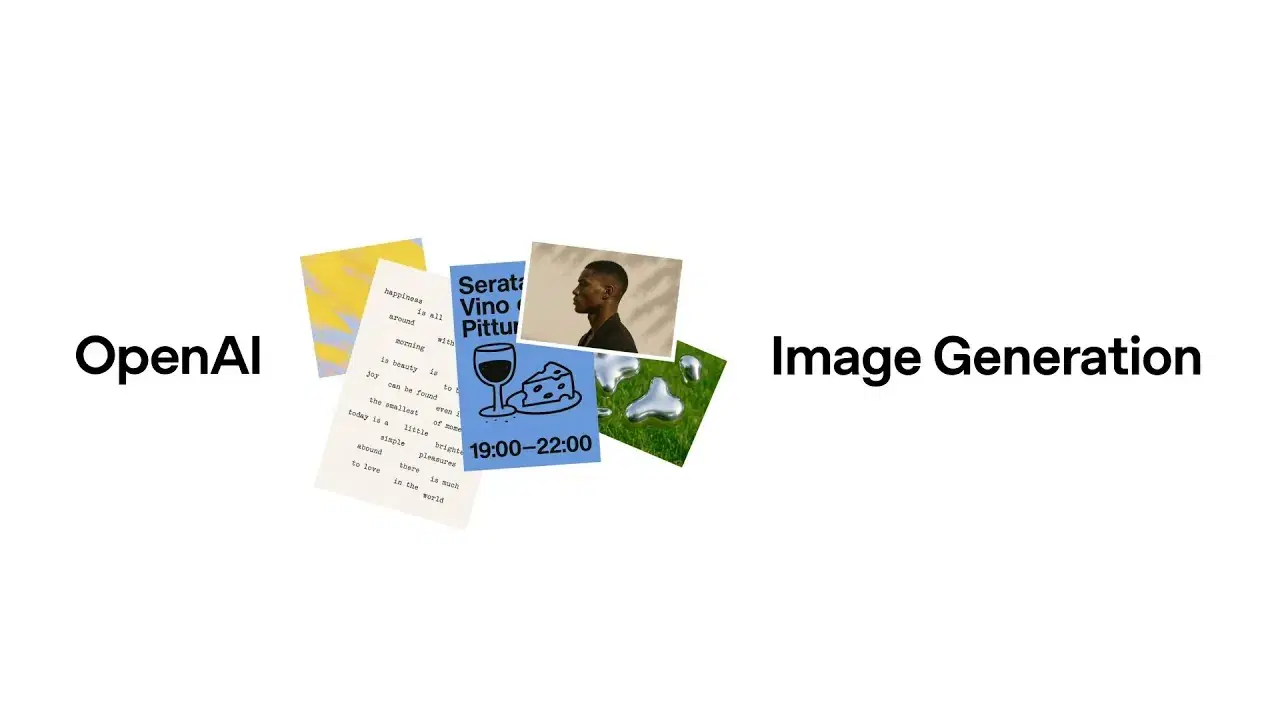
The image generation functionality in the OpenAI API is based on an artificial intelligence model called “gpt-image-1”. This multi-modal model allows you to generate images in different styles, follow user queries, and visualize text based on knowledge of the world.
Developers can simultaneously generate multiple images using gpt-image-1 and control both the quality of the generation and the speed of the process. OpenAI claims that gpt-image-1 employs the same security measures as ChatGPT uses to generate images. This includes precautions that prevent the creation of content that violates company policy. Developers can customize the level of moderation sensitivity: “automatic” for standard filtering or “low” for looser filtering. According to OpenAI documentation, a low level of filtering limits the number of categories of content that may be age-inappropriate.
In addition, all images created with gpt-image-1 are watermarked and have C2PA metadata, allowing them to be identified as works of artificial intelligence on supported platforms and applications.
Usage prices are $5 per million input text tokens, $10 per million image tokens, and $40 per million output image tokens. (Tokens are raw pieces of data processed by the model.) According to OpenAI, this is equivalent to about 2 cents per square image for low quality, 7 cents for medium quality, and 19 cents for high quality.
OpenAI also reports that companies such as Adobe, Airtable, Wix, Instacart, GoDaddy, Canva and Figma are already using gpt-image-1 or are in the experimentation phase with the model. For example, design platform Figma now allows users to create and edit images using gpt-image-1, and Instacart is testing the model for generating recipe images and shopping lists.



